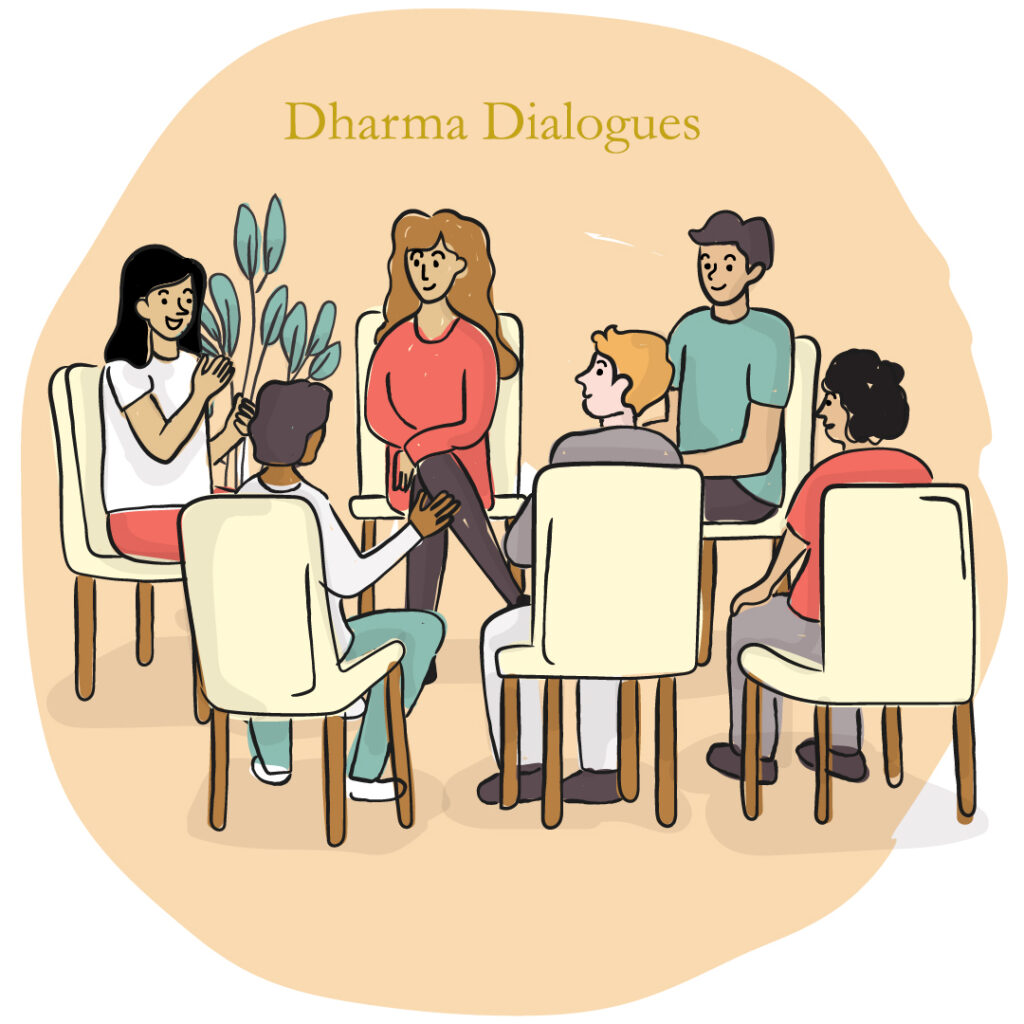
- This event has passed.
Perception and Inter-Subjectivity
January 21, 2017 - January 22, 2017

Perception and Inter-Subjectivity
Conflicts and oppositions often spring from a sense of self-righteousness originating in a wrong perception of communication.
Following Vasubandhu of the Yogacara Buddhist school of thought, we can understand that any perception is highly subjective, and therefore an objective communication is unattainable. Yet we could strive to achieve what Dzongsar Khyentse Rinpoche calls a “Successful miscommunication”.
The Buddhist Yogacara viewpoint on reality defines three basic modes by which we perceive our world. These are referred to as the three natures of perception. They are:
Parikalpita (literally, “fully conceptualized”): “imaginary nature”, wherein things are incorrectly comprehended based on conceptual construction, through attachment and erroneous discrimination.
Paratantra (literally, “other dependent”): “dependent nature”, by which the correct understanding of the dependently originated nature of things is understood.
Pariniṣpanna (literally, “fully accomplished”): “absolute nature”, through which one comprehends things as they are in themselves, uninfluenced by any conceptualization at all.
Also, regarding perception, the Yogacarins emphasized that our everyday understanding of the existence of external objects is problematic, since in appears under the habitual bias of the “imaginary” nature.
It offers us a practical platform to understand how to work with relationships that at time might become difficult.
More about Vasubandhu to be found here
Listen to podcast about this topic here


